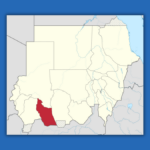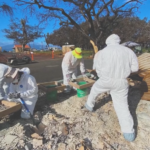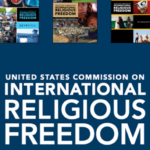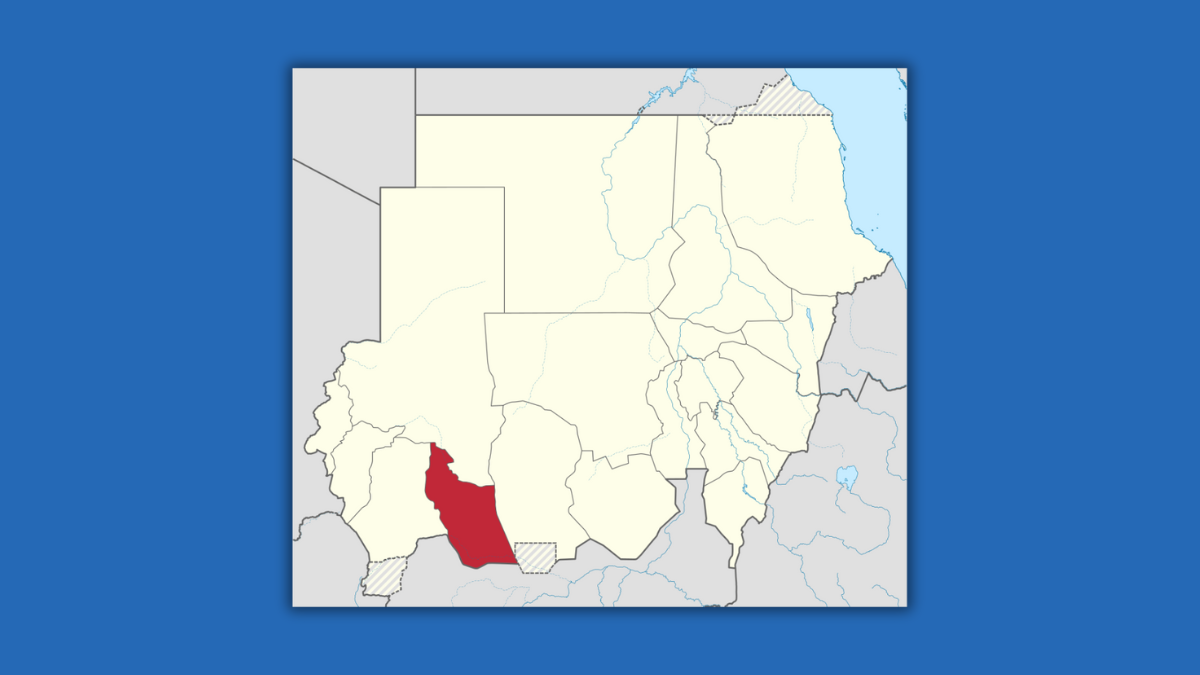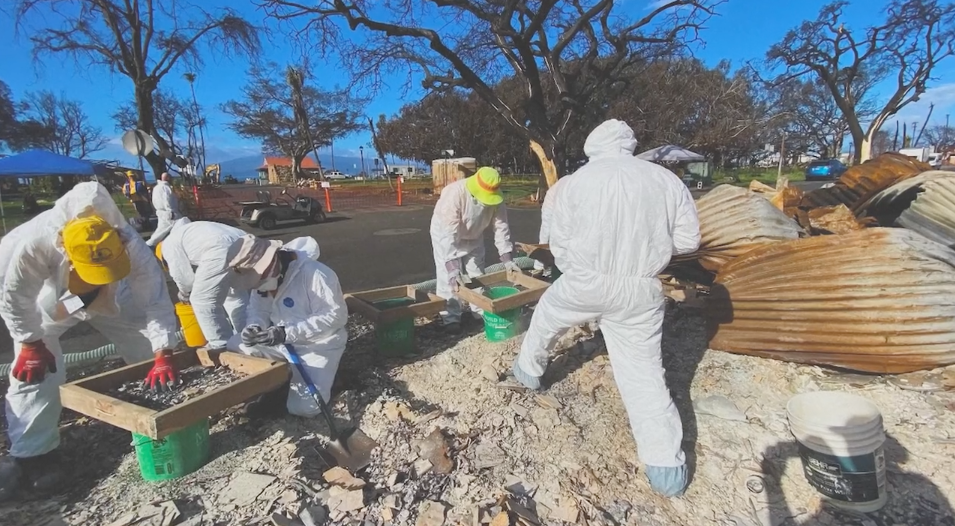The First Murder
Genesis 4:1–15
After the events that brought sin into God’s creation, sin spread faster than any health pandemic. In fact, every single person has been impacted by sin. Genesis 4 describes the devastating consequences of sin in one family and society.
Rivalry (1–7)
Genesis 4 emphasizes the spread of sin from one family to society. Genesis 3 narrates that sin caused a rupture in the relationship between Adam and Eve, but the relationship between the first couple was not the only relationship that experienced rupture. Genesis 4 narrates the first murder in human history. The passage also describes the first worship war.
Abel presents the best he has to God — the firstborn or the choicest of his flock — while Cain gives some of the produce from the land. True worship is offered in faith. God accepts Abel and his offering, but God does not react favorably to Cain and his offering. The issue is, most likely, the heart of the giver rather than the nature of the gifts (animal vs. crops). God’s response of disfavor to Cain’s act of worship makes Cain furious and despondent.
As Jude 11 states, the primary issue of Cain’s rejected worship became known as “the way of Cain.” Jude describes the error of incorrect worship, profit motive and rebellion. Genesis describes Cain as having an option to escape sin by ruling over it. God reaches out to Cain by asking him penetrating questions. “Why are you furious? And why do you look despondent?”
Even after his sin, Cain has the opportunity to be accepted by God (v. 7). Cain chooses a path that will lead to destruction. God tells Cain that he must rule over his sin. Cain curses himself and experiences God’s punishment of alienation from the ground upon which his brother’s blood was shed.
Sentenced (8–12)
Cain murders his brother while they are out in a field. Genesis describes Cain’s action as premeditated murder. Cain’s parents ate forbidden fruit. Cain’s murderous act shows the exponential depravity that quickly enveloped humans.
The degression of sin quickly developed from eating fruit to murder. Sin always corrupts. In response to God’s question, Cain denies responsibility for the death of Abel. When confronted with his deed, Cain flippantly asks, “Am I my brother’s guardian?”
In one sense, as the elder brother Cain was Abel’s guardian. God knew what happened, but like a prosecuting attorney He keeps pressing the issue. The evidence God the prosecutor presents is the blood of Abel spilled on the earth. Killing one’s brother was a worse act than eating from a forbidden tree. In the early era of human life, the murder demonstrates the corrupting downward spiral of sin.
God’s verdict is worse for Cain than for Adam and Eve. Adam was excluded from the garden. Cain is cursed and becomes a restless wanderer on the earth — a man without a home.
Plea (13–15)
Cain dialogues with God, pleading for a lesser sentence and claiming the punishment is “too great to bear.” Cain knows he will become a wanderer. The harshest punishment, however, is that Cain has to hide from the presence of God.
Life without God’s blessings is a dangerous life. Cain fears that revenge, which would result in his death. God in His amazing grace placed a mark upon Cain to protect Cain from being murdered.
By Mark Rathel
Professor at the Baptist College of Florida in Graceville, Florida


